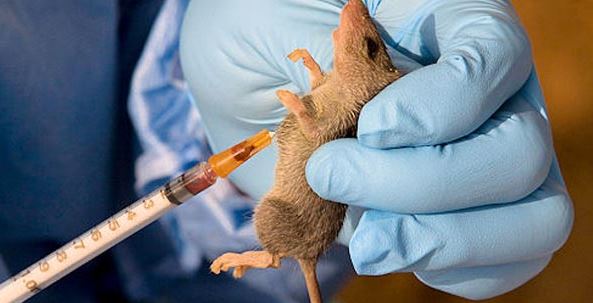
The State Commissioner for Health, Dr. Adaeze Oreh, who disclosed this in Port Harcourt, said the incident followed four cases presented at the University of Port Harcourt Teaching Hospital.
Oreh said while one of the cases was confirmed after the death of the patient, the other three cases have been treated and the patients reunited with their families.
She stated, “This is out of 42 suspected cases with 31 of them representing symptomatic high-risk contacts to the confirmed cases. A total of 72 contacts were placed on surveillance and 30 of them have already exited the follow-up scheme having completed the mandatory incubation period.
“Another 42 will exit by the 26th of February. All 18 high-risk contacts were placed on preventive therapeutics and are also doing very well. While 27 samples have returned negative we are still expecting results from the remaining eleven samples of suspected cases.”
Dr Oreh said a combined team of stakeholders in the health sector are working to ensure the protection of lives and assured Rivers people of the commitment of the State Government to contain the Lassa fever outbreak.
“The team of the State Ministry of Health, the University of Port Harcourt Teaching Hospital, Niger Centre for Disease Control and the Stakeholders of the multi-disciplinary multi-sectoral state public health emergency operation centre including the World Health Organization are working assiduously to and synergistically to ensure the protection of lives in the course of this outbreak.
“I assure you of our concerted and dedicated commitment to contain this outbreak sooner than later. I wish to inform you that the government has risen sternly to this challenge,” the commissioner added.
She further said the government had enough commodities and materials to contain the outbreak of the disease and urged members of the public to always promote community hygiene.
The commissioner said, “All health service centres are kindly advised to maintain simple trial systems for all patients and sustain the standard infection prevention principles required for service delivery.”
She, therefore, advised the public to “Keep food and water covered to prevent contamination by rodents. Store grains and other foodstuff in rodent-proof containers. Dispose of garbage neatly and maintain clean households and environment among others”.













